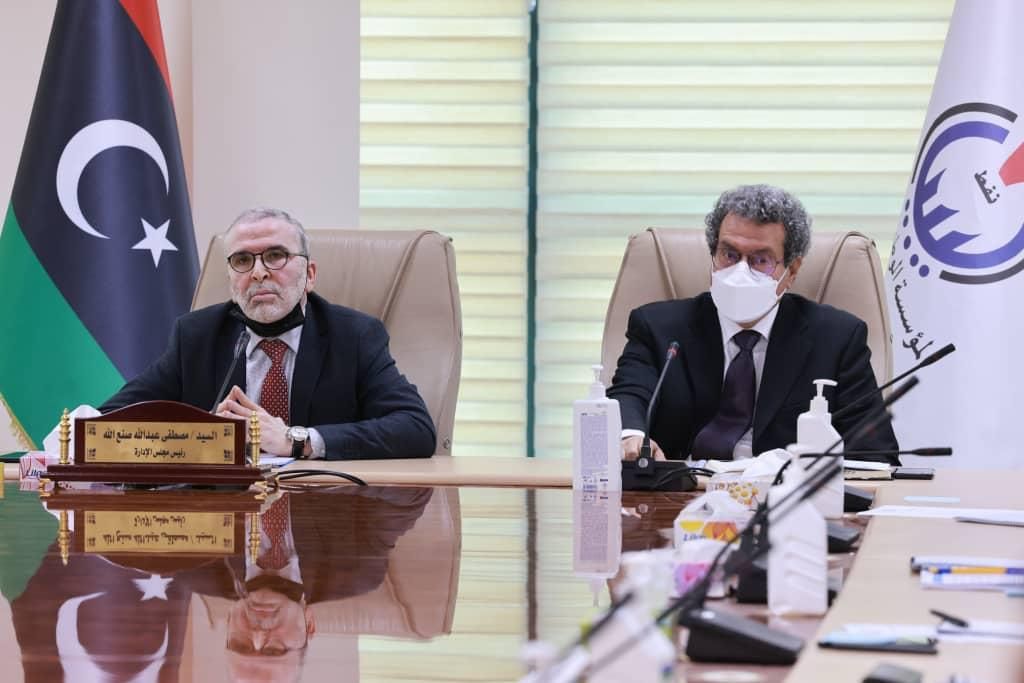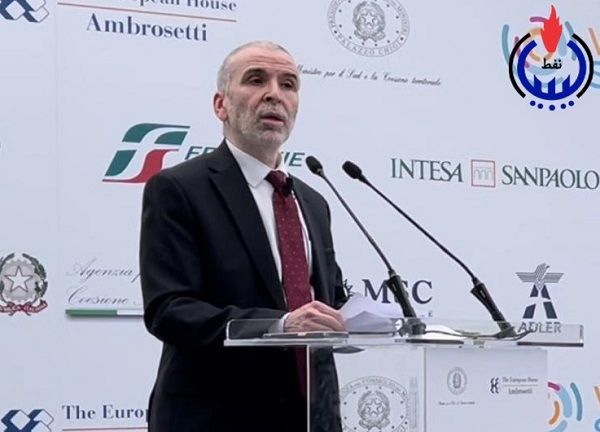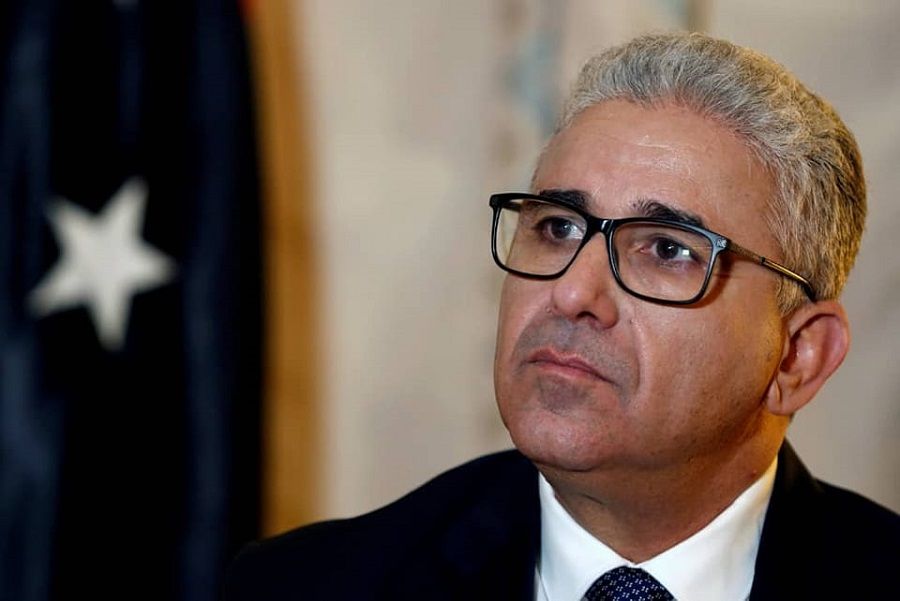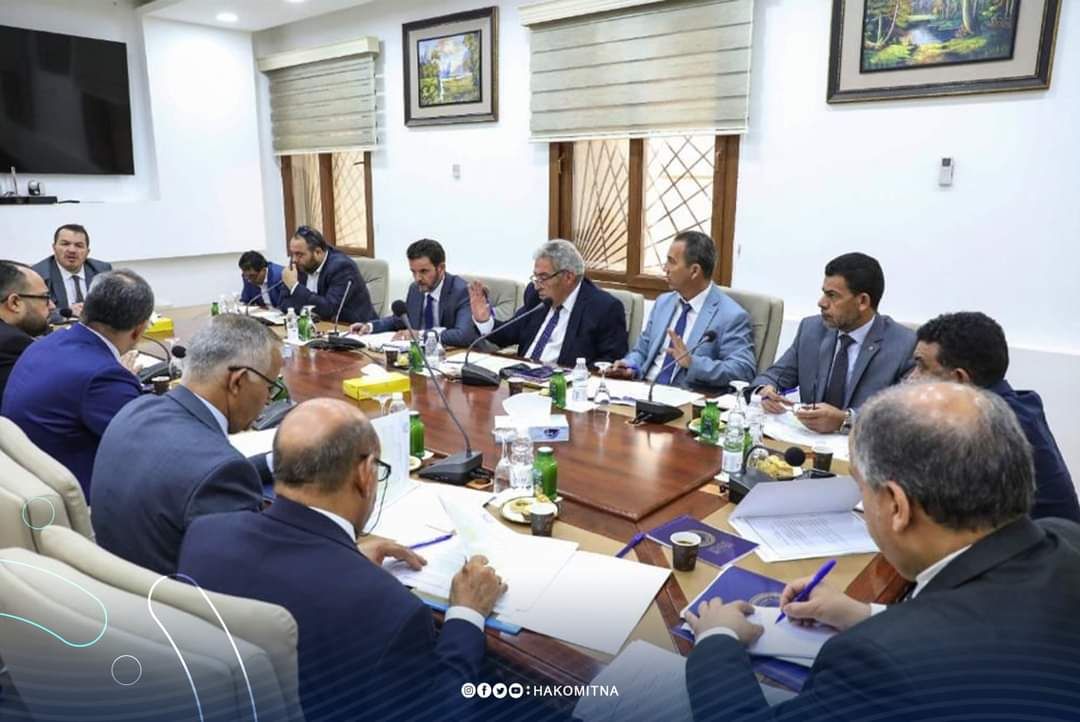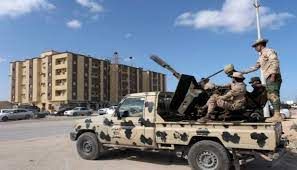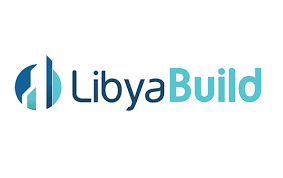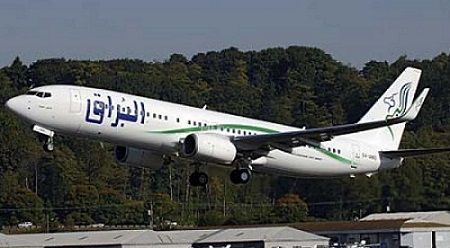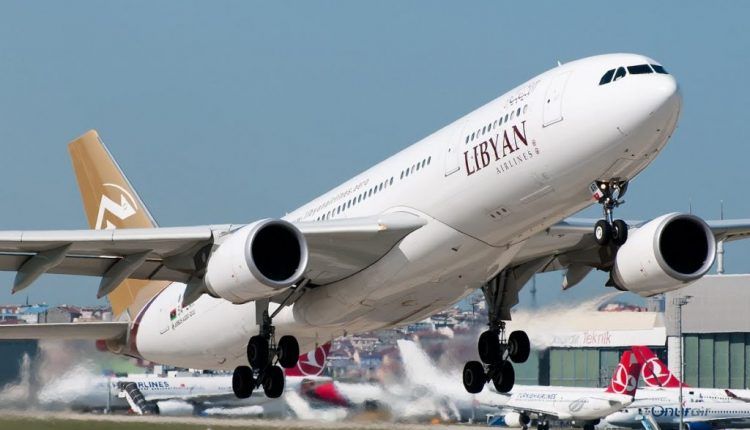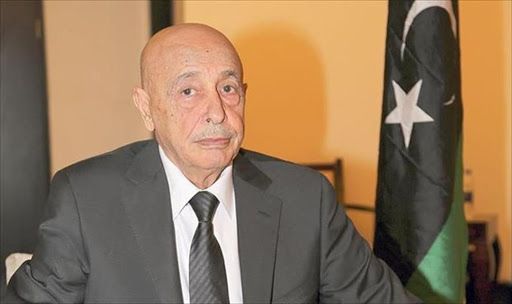The capital of Equatorial Guinea, Malabo, hosted last Saturday an extraordinary summit on terrorism and unconstitutional changes in Africa, in which about 20 heads of state and government participated.
There were some of the heads of state and government who spoke at this summit resorted once again to what was described as the “escaping forward policy” when they resorted the growing phenomenon of terrorism in this region to the Libyan crisis and the state of instability and insecurity that Libya has experienced since 2011.
Commenting on the African (Malabo) Summit, these justifications are flimsy and illogical, and can indeed be considered as a “flight forward” and inability at the level of the leaders of the countries and governments concerned in facing the real problems and complex crises experienced by their countries, whether on the security, economic, social or political level.
The phenomenon of terrorism, the spread of organized crime, cross-border crime, human smuggling, weapons and drug crimes, human trafficking and illegal immigration, in this particular region, date back to several decades before the Libyan crisis, noting that the instability in Libya may have exacerbated these crimes, but it is by no means a major factor in them, especially if we consider that the aggravation of the security crisis afflicting the region, especially Libya, is due in large part to the laxity of African countries in carrying out their duties and their inability to control their border areas with Libya, which has become a hotbed Armed groups, criminal gangs, and international smuggling networks for migrants and wealth.
Libya is one of the countries that are most affected by the spread of terrorism and of armed opposition groups from neighboring countries on its territory, not to mention mercenaries, noting in this regard that Libya does not talk about hundreds of thousands of citizens of neighboring countries, including Chad and Niger, who crossed the Libyan borders by illegal means. Some of them are from several years ago, and today they live and work in many Libyan cities, in the south, east and north, and transfer their money to their families.
It is important to call the African leaders to stay away from exporting their problems abroad and to search for how to find real solutions to the chronic problems that their people suffer from.
In this regard, they must put in place serious policies to achieve development, and this can only be achieved by declaring a war on corruption, achieving social justice, stopping the policies of marginalizing remote areas and opponents, spreading a culture of peaceful transfer of power, strengthening the independence of judicial institutions and ensuring freedom of expression and opinion.
The weakness of government institutions in some countries, including Libya, made armed groups impose themselves, in addition to marginalizing remote areas, politically, economically and socially, which undoubtedly led to a growing sense of mistrust and frustration, creating fertile areas for extremism and for recruiting fighters among the youth seeking to get out of the maze of loss.
African officials have to put an end to the policies of plundering the resources of the African continent and adopting policies that suit the African reality and manufacturing African raw materials to create millions of jobs for African youth torn between death in the desert or the sea or falling into the clutches of organizations terrorist and extremist.
Adapted from Libyan News Agency
